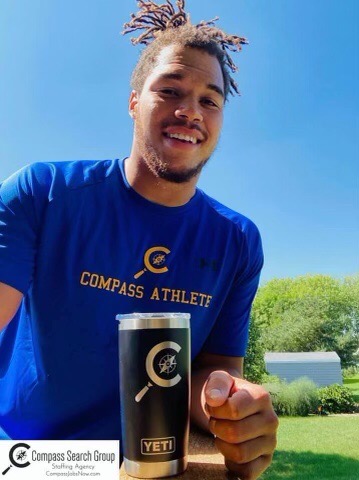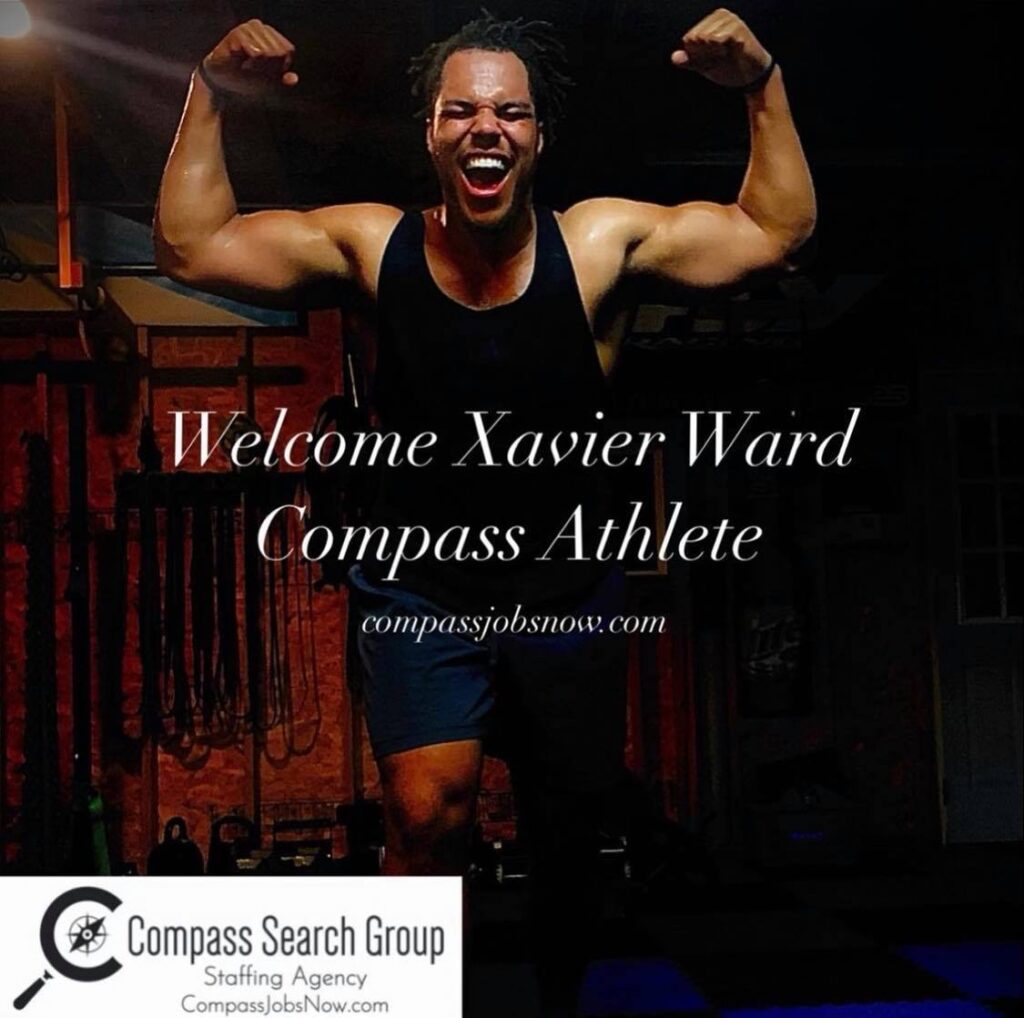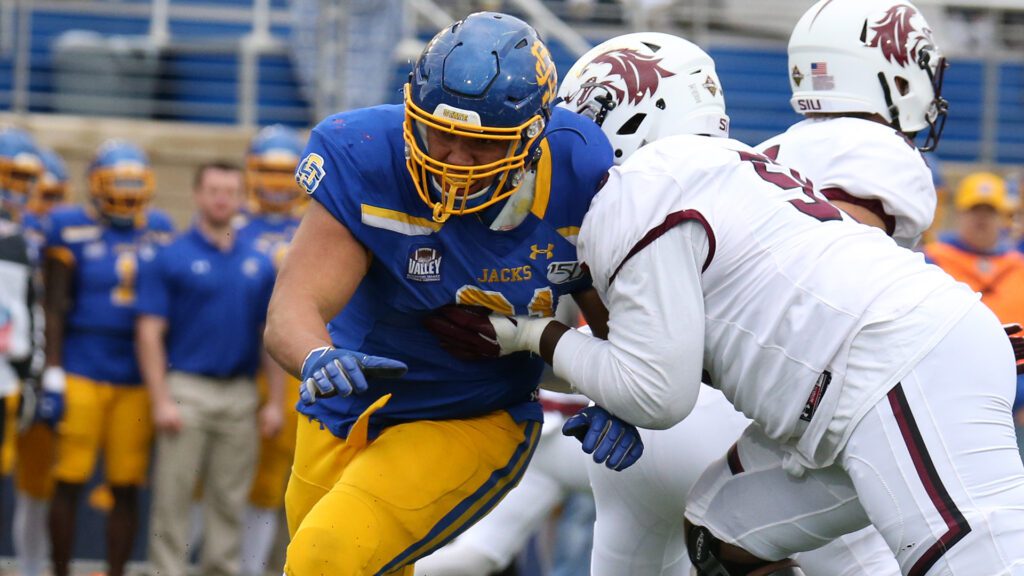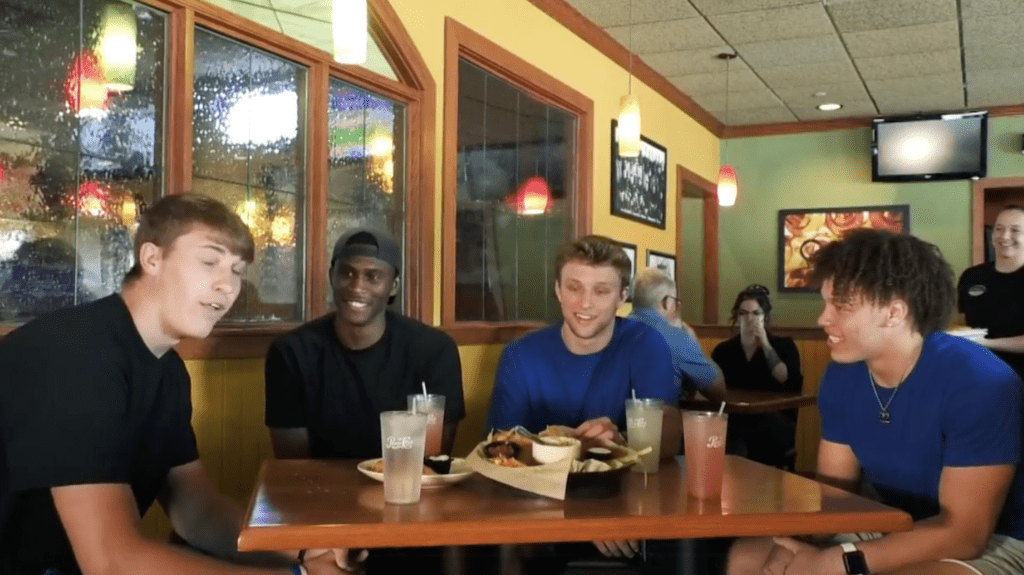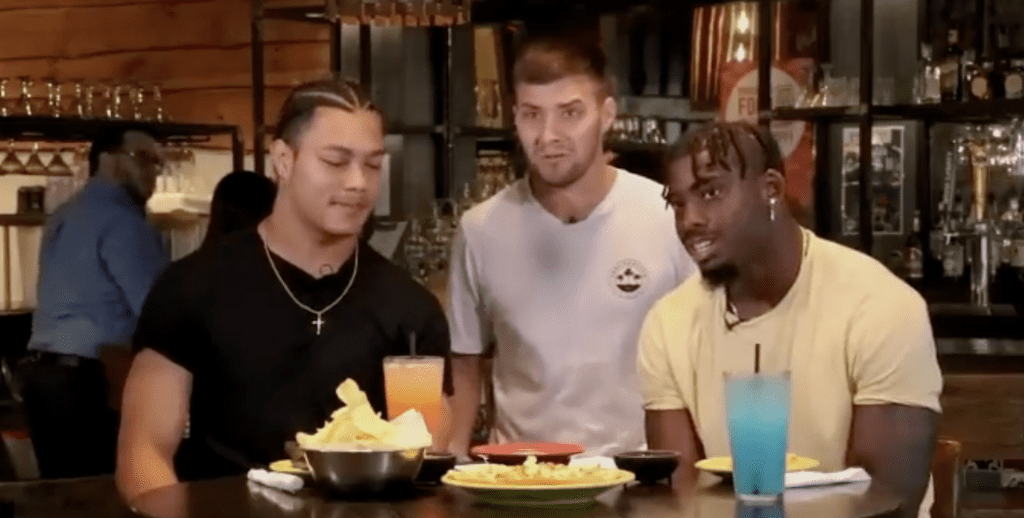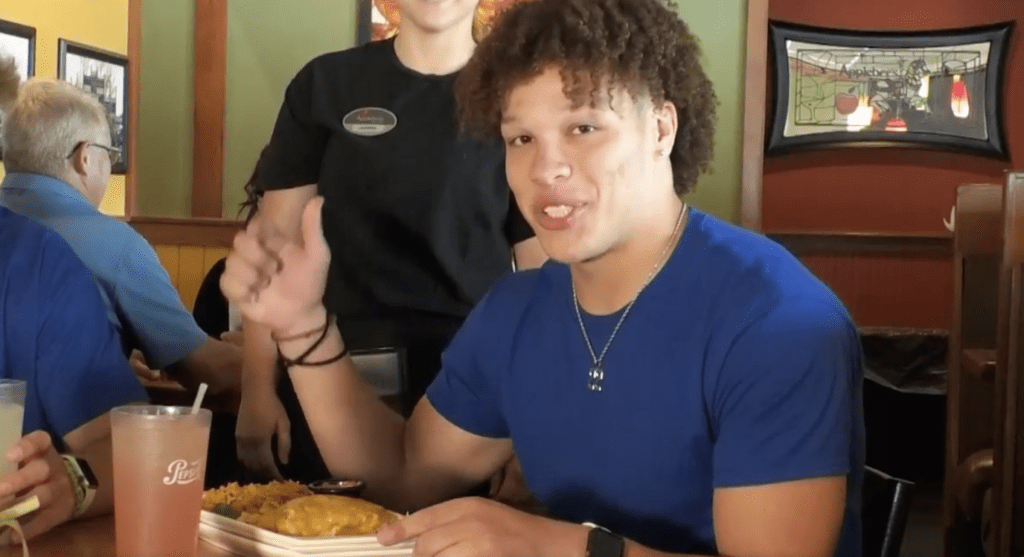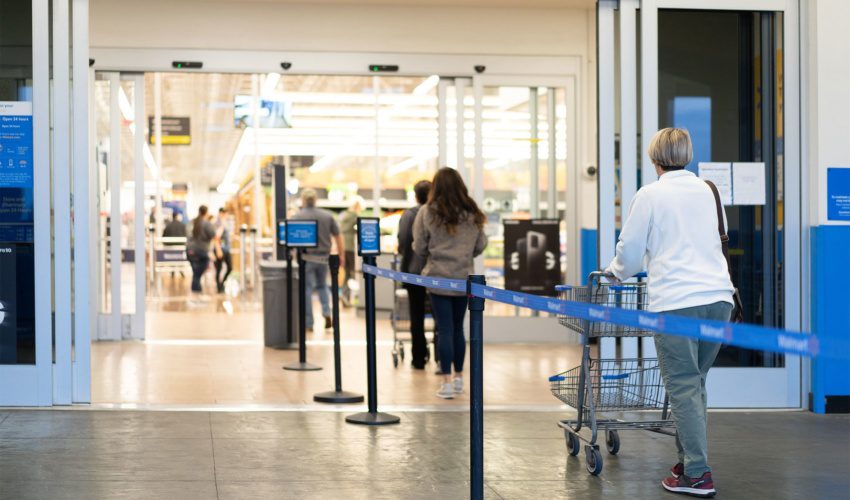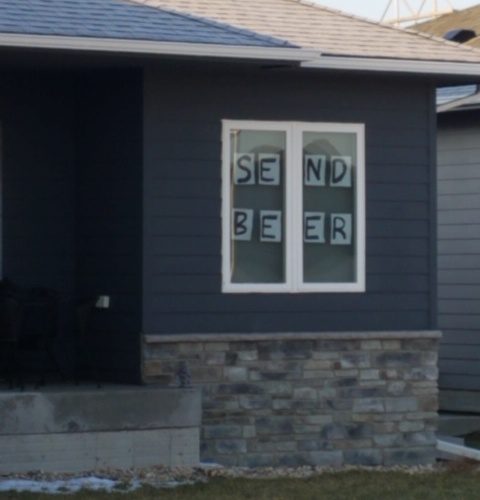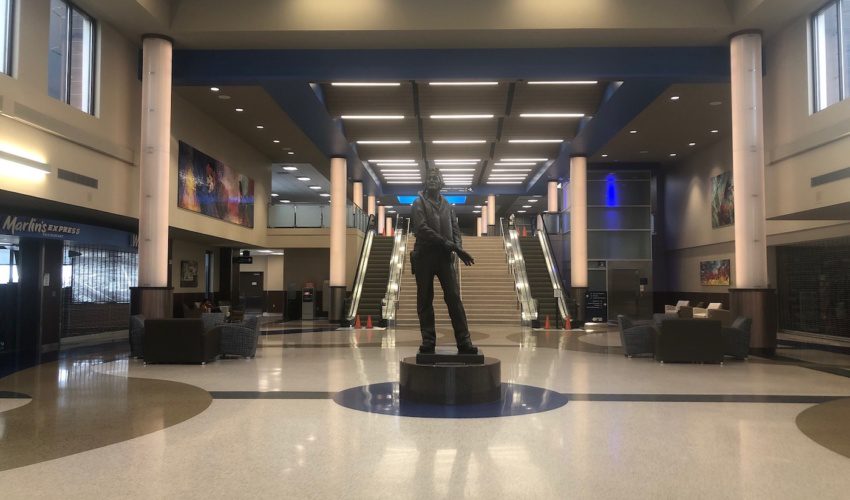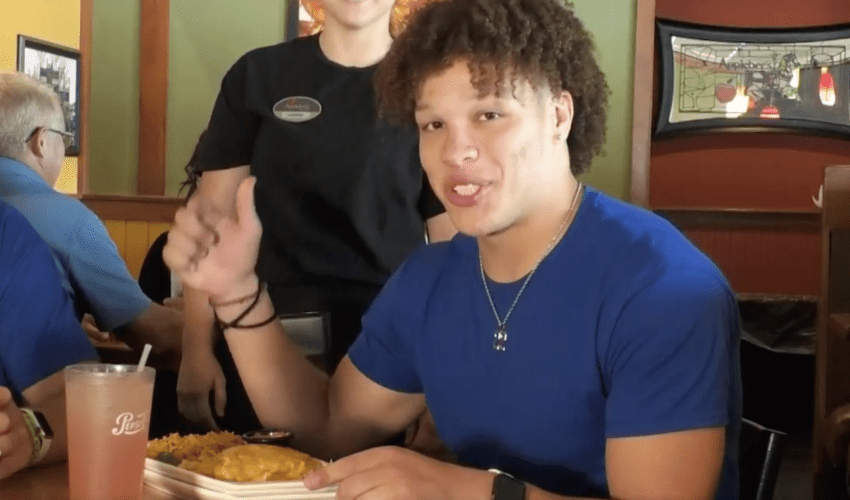Schools, students and businesses navigate new world of sponsorship
Sept. 20, 2021
By Patrick Lalley, for SiouxFalls.Business
Look for your favorite college football player on your social media this season.
And he’s not just saying howdy.
The NCAA – pushed by states and the U.S. Supreme Court – changed the rules this summer to allow athletes to accept compensation for the use of the name, image or likeness.
The NIL rule change opened the door for athletes of all types to take money, though the rules still vary by state and even by school. It can be tricky ground for companies that want to take advantage of the popularity of their local stars. But it’s at least a small windfall for students who previously couldn’t benefit from their success until they left campus for good.
The change has led to headline-grabbing deals for the likes of University of Alabama quarterback Bryce Young, who has reportedly already signed for more than $1 million in endorsements. But it’s also opened the door to micro-deals for thousands of other athletes around the country, including South Dakota.
“It’s a good thing because it’s inevitable,” said Rob Tiff, the president of Compass Search Group, a Denver-based business talent recruiting firm.
Tiff recently signed a deal with Xavier Ward, who plays at South Dakota State University in Brookings. What on the surface might seem like a business deal from the trenches of the endorsement battles, has a backstory of small-town South Dakota football.
Tiff is a Redfield native and former football player for the University of Sioux Falls. When the rules changed, he saw it as an opportunity to connect with college students who can eventually fill the jobs for companies he represents.
Though he’s based in Colorado, Tiff does most of his business in the Sioux Falls and Fargo areas. He also coached football at Dell Rapids St. Mary, when he lived in Sioux Falls.
Ward, a standout defensive lineman, is from Freeman and graduated from Canistota High School. Tiff can still remember Ward tearing through the Cardinals of St. Mary in high school, so he called him up and Ward agreed.
To be clear, this is Brookings, not Alabama-level money.
“He’s a great kid. He’s someone who is a servant in the community,” Tiff said. “With my roots in coaching and playing against him, there is a cool connection there.”
Social media is a popular venue for the small-dollar version of the endorsement deal.
For now, at least, it’s easy, cheap and fun.
That’s what got Tiff’s attention. What better way to connect with students than through social media and sports?
“I just want this to be fun,” he said. “I’m not expecting a huge business increase. I thought it was a cool idea instead of doing radio or Facebook ads. I thought this was a lot cooler.”
Recasting the rules
The long-running debate over who profits from a student-athlete’s success came to a boiling point in June when the U.S. Supreme Court ruled that the NCAA can’t prevent schools from giving some education benefits to athletes.
Several states, most notably California, had already passed laws opening the door to NIL. While the NCAA still didn’t agree with the concept – noting threats to the very nature of amateur athletics – it changed the rules.
While the Supreme Court case was not a direct link to NIL, the subtext of the opinion was writing on the wall for the NCAA.
Tiff said he thinks that was inevitable, and that the rule change is good for students, there are clearly pitfalls for athletics, and for business.
There are tax implications for one thing.
Tiff said he didn’t want to trigger any problems for Ward. And they had to be very careful about what he can and can’t say, or wear, in his posts.
South Dakota is one of the states without guidelines for NIL. That means the particulars of how it gets handled roll down to the universities. Nationally, some schools have allowed athletes to use mascots or logos, while others strictly forbid it.
The NIL policy for SDSU was approved in August. It makes all the necessary allowances for students to take payments, but also places restrictions on what they can do and how they can do it. Athletes cannot use any SDSU logos or names without written permission. And they can’t promote a sponsor during university events without permission.
Photo by Inertia
The policy also forbids any SDSU employees from brokering deals or otherwise participating in a student’s agreement with a sponsor.
The agents of an NIL sponsor must register with the state of South Dakota and all agreements must be disclosed by the student within three business days of signing.
Legal staff from SDSU and the University of South Dakota consulted with the Board of Regents to develop the NIL policies. There are some variations between each school’s policies but the result is the same, according to Kathy Heylens, the senior associate athletic director for compliance, and senior woman administrator, at SDSU.
You don’t have to look too hard to see that big money is dropping into the big-time sports schools. Tiff said he consulted with SDSU before doing anything.
“I didn’t want to push any buttons,” Tiff said. “I wasn’t going to rock any boats.”
Applebee’s also wanted to get into the NIL game early.
The restaurant chain produced a video with four SDSU football players – Baylor Scheierman, Isaiah Davis, Mark Gronowski, Doug Wilson – that’s circulating on social media. In the video, the players never mention SDSU or Jackrabbits, or anything really that would connect them to the school other than their names.
The new rules for NIL are actually the theme of the ad. It opens with players sitting at a table at Applebee’s talking about how that, as serious athletes and students, they would never do anything just for money.
Then the ad cuts to the players describing the finer points of some of the Applebee’s fare before putting on the chain’s signature costumes – an apple and a bee.
“Remember, this is about us, not Applebee’s,” Scheierman says as he puts the stem-of-the-apple hat on Davis.
“Right,” says Gronowski. “Now, let’s move some riblets.”
Applebee’s also produced versions of that ad with athletes from the University of Iowa and Wichita State University. Applebee’s South Dakota is part of a larger company with restaurants in Iowa and Kansas.
“It’s new territory for everybody,” said Dave Phillips, director of marketing for Thrive Restaurant Group, based in Wichita. “I’m shocked that other people aren’t doing it.”
Like Tiff, Phillips said his company isn’t pouring a lot of money into the athletes. But it has been a good way to draw attention to the restaurants they have in college towns like Brookings. In Iowa City – home of the Big Ten Conference Hawkeye’s – the filming also drew news coverage.
The athletes enjoy it and get some extra money as well, Phillips said.
“It’s so much fun,” he said.
Phillips said his company used to sign athletes after they’re done playing. SDSU basketball star Mike Dahm, for instance, used his name and popularity to create a signature hamburger.
“I don’t think this is going to be a revolutionary business model or replace traditional advertising,” he said. “Right now, when it’s new, it’s fun for everyone. It’s unique for the time being and we want to capitalize on that.”
Picking people to represent your brand can be delicate business, however. A college football player hailed for his skills on the field on Saturday can be in the headlines for an entirely different reason on Monday. That’s not as much of a concern in South Dakota or Kansas, said Phillips, but each player they work with is vetted.
“Most athletes are so structured, and so polite. They don’t get to where they are without being quality people,” he said. “These four guys in the SDSU commercial are going to be superstars in life no matter what they pursue. We have zero fear about that in Brookings.”
The change in rules for reimbursement is popular among the athletes, said Ward, the SDSU lineman.
“Everyone is talking about it, everyone wants an NIL deal,” he said.
That doesn’t mean everybody can get one, though. Ward knows that he was a little lucky to have the high school connection to Tiff.
He’s a defensive lineman, after all, not always the highest-profile player on the field.
“It’s helped me out with bills and stuff like that. That means a lot for me,” said Ward, a community and public health major.
At 6-foot, 2-inches tall and approaching 300 pounds, Ward aspires to keep playing football after college. He graduates this fall and plans to attend graduate school, perhaps to become a nurse anesthetist.
Sports suck up the time that other students may have to get a job to pay the bills. The NIL deal isn’t a lot of money, but it all helps.
“It gives us that little boost we need,” he said. “It takes a way some external stresses that come with being an athlete.”

